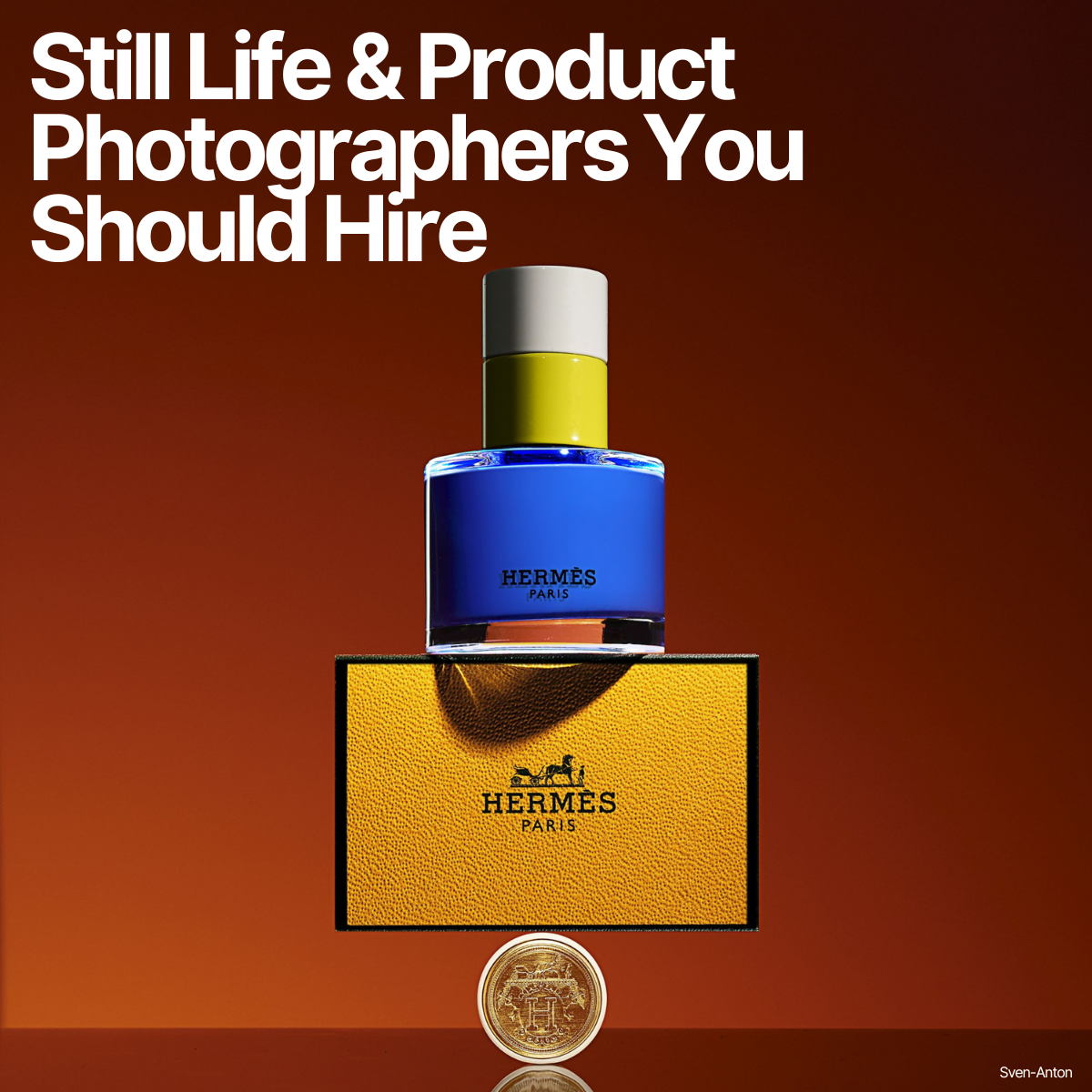Meet Nadia El-Dasher, a Cairo-based creative producer at SNAP14 with a unique blend of scientific curiosity and artistic intuition. With a decade of experience producing high-impact campaigns across fashion, beauty, and culture, Nadia brings calm leadership, strategic thinking, and deep cultural awareness to every project. Known for her thoughtful approach to collaboration and storytelling, she has been recognized as a judge in the People & Lifestyle, and Fashion categories for the Spotlight Awards.
What skills do you believe are most critical for success in this role?
Stress management is one of the most important skills that have shaped how I produce my shoots. This job is very stressful and a lot of the producers I’ve worked with in the past are anxious and on-edge - this type of energy is viscerally felt on set and within pre/post production and affects everyone involved. In order for my projects to run smoothly, it’s essential that the entire team is grounded and present and they can only do that when the producer managing the project is calm and collected.
Being solutions-oriented is absolutely necessary in this line of work as well. Problems come up all the time and it’s my responsibility to be able to pivot and redirect the projects by providing different solutions as these problems come up. Clients and creatives are a lot more understanding and accepting of issues when we can give them alternate solutions to resolve them.
What do you believe is the role of creativity in shaping society and culture?
I think that the creative world is the cornerstone of cultures worldwide, whether people are aware of it or not. Creative endeavors are infused into our lives through music, clothing, art, architecture and design which, on a surface-level, are purely for appearance - however every shape, color, scent etc effects us on a deeper level. And it’s this depth that has the ability to shape our beliefs and actions which collectively bring about societal and cultural changes. A lot of people think that creativity stays within the confines of “creative jobs” but I believe that all types of professions are infused with creativity in some way or other - innovative thinking in all fields is what creates growth within them, ultimately leading to our collective evolution.
How do you find inspiration outside of your industry?
My biggest inspiration is the environment I’m in which is why being in Egypt for the last 10 years has been such an inspiring time in my life. The people, places and overall atmosphere in Egypt have shaped so much of who I am today.
What role does research play in your creative process?
My education was in the sciences so research is a big part of my creative practice. Sometimes inspiration hits when I first receive the brief from the client, other times it takes days and days of researching online, reading books and watching films to get that initial inspiration. Once I get to that stage, the creative flows quickly and I can finish an entire brief within hours.
How do you measure your success beyond traditional metrics?
I’m a very self critical person and rarely refer to outside metrics or feedback to measure my success. I only feel “successful” when I feel it internally - it’s a feeling in my gut that is hard to describe - like all the pieces of the puzzle have fallen into place and I can see the final picture the puzzle is meant to make come alive. It’s somehow spiritual.
How do you ensure all voices on a team are heard during the creative process?
My role as a creative producer is twofold in that there’s a combination of practicality and creativity involved in my work. I’ve learned that the best way to ensure everyone involved is being heard is by creating more than one opportunity for communication and collaboration. Several creatives I’ve worked with in the past find the idea of multiple meetings and conversations excessive or unnecessary but it’s through these discussions, repeated location scouts, castings, etc that you give the creative a chance to fully develop. Productions used to take months to plan and days to film but nowadays people want to rush through things to get onto the next and the next - and I feel that this takes away from the profoundness of the creative process and the ability for teams to collaborate and innovate.
How do you handle disagreements or creative conflicts within a team?
With consistent communication that’s rooted in respect and transparency. People shy away from or avoid difficult conversations and nothing, in my opinion, makes a conflict worse than avoidance.
What makes for an ideal collaboration?
A positive, calm and organized environment is the foundation for good collaboration. It’s also important that compatibility is well-considered when putting teams together. Being mindful of each team members personality, communication style and behavior, and how those different energies will come together, is key to successful collaboration.
What’s one piece of advice you wish you could give your younger self?
Be impeccable with your words. There’s nothing that has shaped my success more than improving my communication - knowing when to speak and when to stay quiet, to choose my words with care and have the difficult discussions when needed.
What is your judging criteria?
What makes an image powerful to me is its ability to get me to stop and stare. Whether it’s a professional picture or an image captured through a phone, an exceptional image is one that immerses you within it far beyond surface-level.
How do you discover photographers?
I’m always on the look-out for talent in many places; namely instagram, and I’ll always take those who reach into consideration. The most important thing I look for is consistency in the style of the photographer’s work and that their work feels real and authentic.
Nadia’s approach proves that calm leadership, intentional collaboration and a deep creative intuition are the true drivers of meaningful production. The Spotlight Awards 2025 are now accepting entries until July 31st—photographers from around the globe can submit work across 15 categories, judged by leading industry experts, with over $55,000 in prizes and worldwide exposure.


%20(2100%20x%20405%20px).png)


